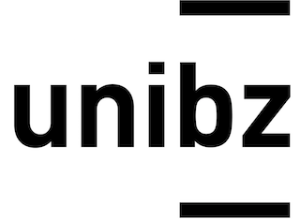The program of a course "Eco-social economics" aims to combine in an interactive way the theoretical aspects with the more empirical ones and at the same time bring practical testimonies, in order to develop the examination of particularly significant case-studies
For this purpose, the course is divided into three parts of about 10 hours each.
· The first part is eminently theoretical, through frontal lessons. The aim is to analyze the transformations of the welfare system in the aftermath of the Keynesian welfare crisis in the late 1970s. Different alternatives that emerged in Europe, starting from the 1980s, will be presented: the Anglo-Saxon workfare system, the French-German Rhenish welfare, the family welfare of the Mediterranean countries and the principle of subsidiarity, also in the light of the policies of reduction of public welfare, between liberalization and privatization processes, favoured by the austerity policies adopted after the financial economic crisis of 2007-8. This analysis will be conducted taking into account the processes of transformation of new forms of valorization and wealth creation following the crisis of the Taylorist-Fordist paradigm and the advent of new models of productive organization innate with the advent of the ICT (Information, Communication Technology) paradigm.
· The second part aims to illustrate the new models of social economy that have developed from this crisis, starting from the circular-environmental economy to the sharing economy and the possibility of developing economic relations and social cooperation that hinge on the concept of peer-to-peer economy (Bauwens). Within this analysis, the concept of Commonfare will also be presented, as a possible socio-environmental alternative to the processes of dismantling public welfare and its declination in terms of workfare.
· In the concluding lectures, some privileged testimonies of community and territorial intervention will be presented, with particular reference also to the situation of Trentino and South Tyrol (in agreement with the University and the teacher).
- Instructor: Andreas MetznerSzigeth
- Instructor: Jennifer Liesbeth Schubert
- Instructor: Matteo Maria Moretti
